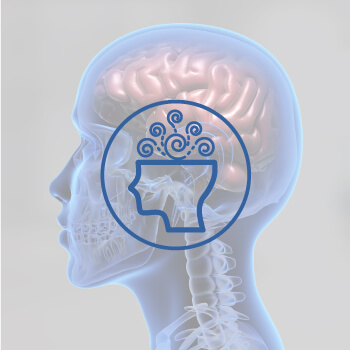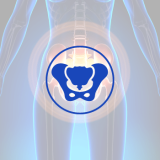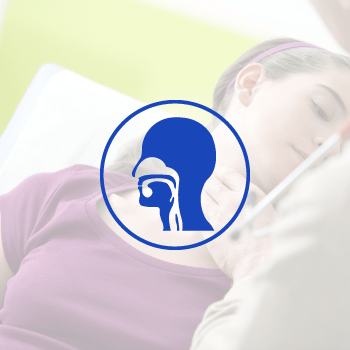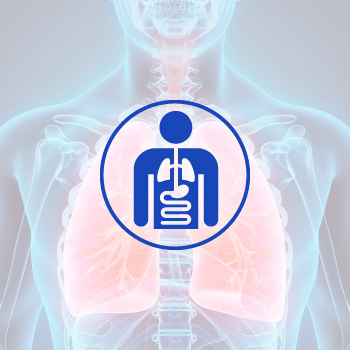INTERNAL MEDICINE & PULMONARY DISEASES
INTERNAL MEDICINE
Internal medicine is the diagnosis, treatment and management of both common and complex illnesses of adolescents, adults and the elderly. Internal medicine physicians are called internists and provide complete, long-term care in the hospital setting or office. An internist has special training in diagnosing and treating infections and diseases of the kidneys, heart joints, blood, respiratory, vascular and digestive system, as well as cancer. These internists help in managing complex and common illnesses in adolescents, adults and the elderly, while creating an awareness regarding the prevention of diseases and health management. They also help patients in understanding other areas such as mental health, substance abuse, women’s health and provide treatment for common problems of the ears, skin, eyes, reproductive and nervous systems.
- Our services include:
PULMONARY DISEASES
Pulmonary diseases refer to disorders affecting the lungs such as asthma, COPD, tuberculosis, influenza, lung cancer, pneumonia and many other breathing problems. If left untreated, these problems can lead to respiratory failure.
- Our services include:
- Pulmonary embolism
- Pulmonary resection
- Spirometry
- Lung surgery
- Lung cyst excision
- Asthma <<read more>>
- Allergy <<read more>>
What is Asthma?
Asthma is a chronic disease of the airways that makes breathing difficult. With asthma, there is inflammation of the air passages that results in a temporary narrowing of the airways that carry oxygen to the lungs. This results in asthma symptoms, including coughing, wheezing, shortness of breath, and chest tightness.
What is Bronchitis?
Bronchitis is an inflammation or swelling of the bronchial tubes (bronchi), the air passages between the mouth and nose and the lungs.
More specifically, bronchitis describes a condition where the lining of the bronchial tubes becomes inflamed.
Individuals with bronchitis have a reduced ability to breathe air and oxygen into their lungs; also, they cannot clear heavy mucus or phlegm from their airways.
Fast facts about bronchitis
- Bronchitis can be caused by viruses, bacteria, and other particles that irritate the bronchial tubes
- Acute bronchitis is a short-term illness that often follows a cold or viral infection
- Chronic bronchitis is a long-term illness and can be the result of environmental factors or extended illness
- Cigarette smoking is the most common cause of chronic bronchitis
- Chest X-ray, lung function testing, and blood testing are used to diagnose bronchitis
Symptoms of Bronchitis
Bronchitis is characterized by persistent coughing.
- Persistent cough, which may produce mucus
- Wheezing
- Low fever and chills
- Chest tightening
- Sore Throat
- Body aches
- Breathlessness
- Headaches
- Blocked nose and sinuses
One of the main symptoms of acute bronchitis is a cough that lasts for several weeks. It can sometimes last for several months if the bronchial tubes take a long time to heal fully.
It is common for the symptoms of chronic bronchitis to get worse two or more times every year, and they are often worse during the winter months.







 أنقر هنا
أنقر هنا أنقر هنا
أنقر هنا












